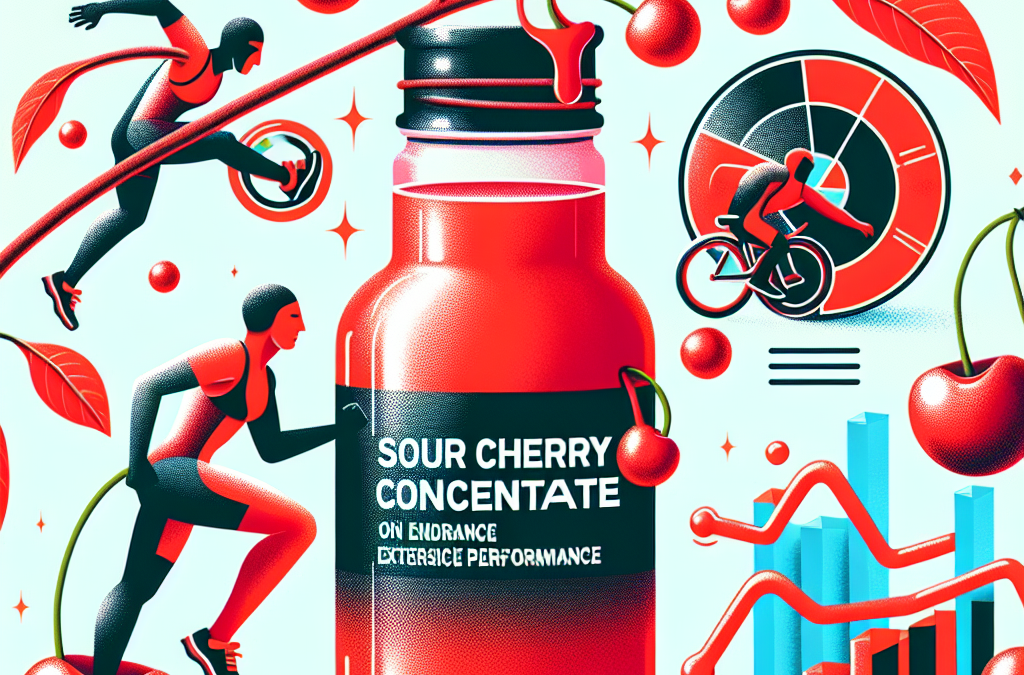1Medical Research Council Epidemiology Unit, IMS, Cambridge, Reino Unido.
2Academic Neurology Unit, Department of Neuroscience, University of Sheffield, Reino Unido.
Resumen
Abstract
Lifetime physical activity energy expenditure (PAEE) is an important determinant of risk for many chronic diseases but remains challenging to measure. Previously reported historical physical activity (PA) questionnaires appear to be reliable, but their validity is less well established.
MethodsWe sought to design and validate an historical adulthood PA questionnaire (HAPAQ) against objective PA measurements from the same individuals. We recruited from a population-based cohort in Cambridgeshire, UK, (Medical Research Council Ely Study) in whom PA measurements, using individually calibrated heart rate monitoring, had been obtained in the past, once between 1994 and 1996 and once between 2000 and 2002. 100 individuals from this cohort attended for interview. Historical PA within the domains of home, work, transport, sport and exercise was recalled using the questionnaire by asking closed questions repeated for several discrete time periods from the age of 20 years old to their current age. The average PAEE from the 2 periods of objective measurements was compared to the self-reported data from the corresponding time periods in the questionnaire.
ResultsSignificant correlations were observed between HAPAQ-derived and objectively measured total PAEE for both time periods (Spearman r = 0.44; P < 0.001). Similarly, self-reported time spent in vigorous PA was significantly correlated with objective measurements of vigorous PA (Spearman r = 0.40; P < 0.001).
ConclusionsHAPAQ demonstrates convergent validity for total PAEE and vigorous PA. This instrument will be useful for ranking individuals according to their past PA in studies of chronic disease aetiology, where activity may be an important underlying factor contributing to disease pathogenesis.
REFERENCIAS

Actualización sobre nutrición y suplementos para el atleta de resistencia: Revisión y recomendaciones
Resumen Antecedentes: Los eventos de resistencia han experimentado un crecimiento significativo en...

El efecto del entrenamiento de resistencia en los parámetros de la aptitud aeróbica
Resumen El entrenamiento de ejercicio de resistencia resulta en profundas adaptaciones de los...

Efectos de la ingesta de sodio en la salud y el rendimiento en deportes de resistencia y ultra resistencia.
Resumen La mayoría de las revisiones sobre cuestiones de nutrición deportiva se centran en los...

Entrenamiento de resistencia aeróbica específica de fútbol
Resumen Antecedentes: En el fútbol profesional, se utiliza una cantidad significativa de tiempo de...

Efecto del Concentrado de Cereza Ácida en el Rendimiento del Ejercicio de Resistencia: Un Meta-análisis
Resumen Objetivo: Se ha demostrado que el concentrado de cereza ácida mejora la función muscular y...
